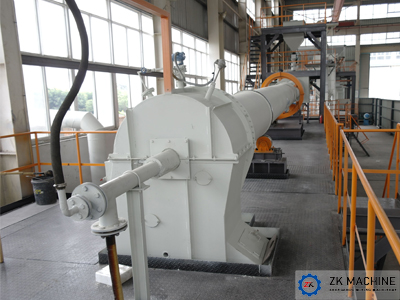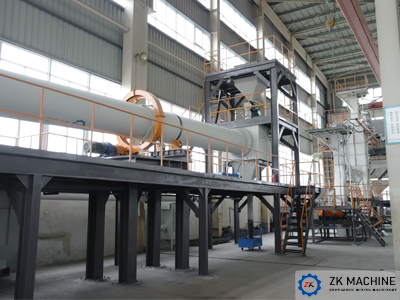In today’s era of rapid technological advancement, the establishment of pilot production lines in universities has become increasingly significant, exerting profound impacts on academic research, industrial development, and societal progress.
1. Facilitating the Transformation of Scientific Achievements
Universities possess abundant research resources and robust innovation capabilities, continuously generating cutting-edge research outcomes. However, the transition from laboratory results to real-world industrial applications faces a "valley of death." Pilot production lines serve as a critical bridge to overcome this barrier. For instance, the cement pilot production line at Wuhan University of Technology provides a platform for transitioning cement-related research achievements from theory to practice. After achieving preliminary success in the laboratory, the novel cement preparation process developed by Zhengzhou Mining Machinery Co., Ltd. was optimized and validated through simulated industrial production environments on the pilot line. Post-pilot testing, the new process not only shortened production cycles but also enhanced product quality, enabling technology transfer to enterprises. This effectively transforms academic achievements into tangible productivity, significantly boosting the conversion rate of scientific and technological outcomes.
2. Cultivating Interdisciplinary Talents
Traditional higher education emphasizes theoretical knowledge, often leaving students with limited practical skills. Pilot production lines offer students authentic hands-on scenarios. Taking the cement pilot line as an example, students engage in the entire production process—from raw material processing, equipment operation, and production monitoring to product quality testing. This allows them to integrate multidisciplinary knowledge (e.g., materials science, mechanical principles, automation control) while honing problem-solving abilities, innovative thinking, and teamwork. For instance, by operating intelligent control systems to monitor and adjust production parameters in real time, students deepen their understanding of automation technologies in industrial applications. Such experiences nurture versatile professionals with both theoretical expertise and practical skills, meeting industry demands for high-quality talent.
3. Promoting Interdisciplinary Integration and Innovation
Pilot production lines involve knowledge and technologies spanning multiple fields. The cement pilot line, for example, integrates materials science, mechanical engineering, automation control, energy, and environmental sciences. During its construction and operation, faculty and researchers from diverse disciplines collaborate, breaking down academic silos. Such cross-disciplinary partnerships foster novel research directions and innovative breakthroughs. For instance, integrating waste heat recovery technology with intelligent control systems achieves synergistic optimization of energy efficiency and smart production regulation. This drives profound disciplinary advancements and elevates universities’ overall research capabilities.
4. Serving Local Economies and Industrial Upgrading
As intellectual hubs for regional development, universities leverage pilot production lines to become powerful tools for local economic growth. In the cement industry, for example, universities address technical challenges faced by local enterprises through industry-academia-research collaboration models. By assisting companies in improving product quality and production efficiency, pilot lines facilitate green and efficient transformations. Simultaneously, these facilities attract industrial clusters, spurring coordinated development across upstream and downstream supply chains. This creates industrial cluster effects, injects vitality into local economies, and enhances regional competitiveness.
5. Conclusion
In summary, pilot production lines in universities play an indispensable role in advancing technology transfer, talent cultivation, interdisciplinary innovation, and regional economic development. They represent an inevitable choice for universities to fulfill social responsibilities and adapt to evolving societal demands.
After years of development, Henan Zhengzhou Mining Machinery Co., Ltd. has evolved into a high-tech enterprise integrating R&D, design, manufacturing, installation, commissioning, and operational support. Specializing in environmental protection, building materials, mining, and metallurgical process technologies, the company provides complete equipment systems tailored to diverse client needs. It offers customized pilot production line solutions covering equipment selection, component design, layout planning, and electrical system integration. The company’s in-house pilot lines support multi-material processing, including crushing, screening, grinding, batching, granulation, drying, calcination, and cooling, delivering comprehensive technical services and support to clients worldwide.























